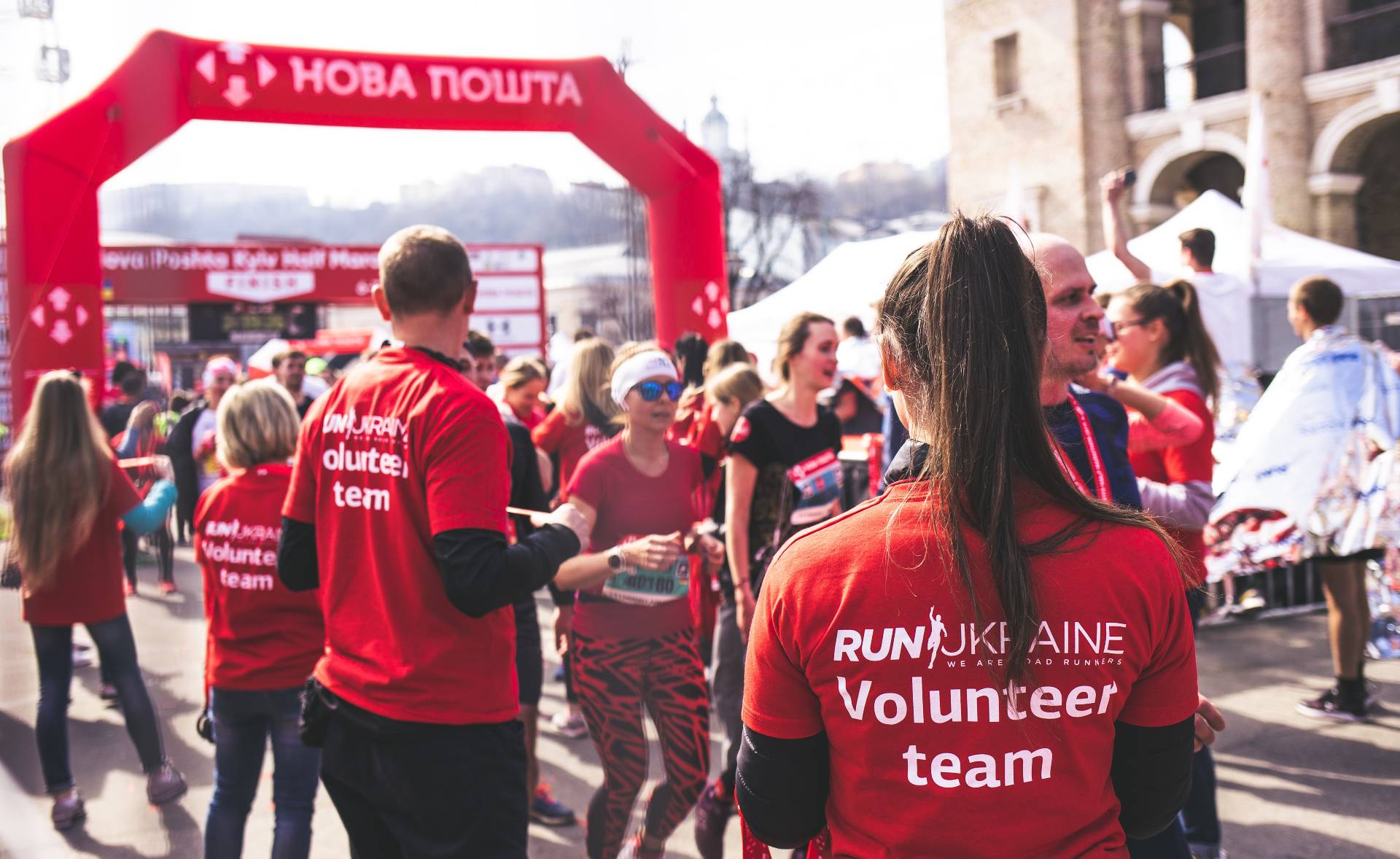Do I need insurance for my volunteers?

Are your volunteers covered by your insurance?
If you have at least one employee, you will be aware that you have a duty to protect them from any risks arising from your activities – this includes any and all volunteers as well.
Clubs must include any volunteers or volunteer activity in their risk assessments. The same level of protection should be provided to volunteers as is to employees when they carry out similar activities.
Volunteers are covered by comprehensive public liability insurance. For more information on public liability cover, read here.
Do health and safety laws apply to volunteers?
No. Usually, it does not apply if there is not an actual employer, but there are some exceptions:
If a volunteer is in control of non-domestic premises, such as a village or community hallIf a volunteer procures or controls construction work, such as if a village hall committee employs a builder to carry out renovation work
However, even if health and safety law does not apply to your volunteers, you may still have duties under civil law. HSE puts it like this:
Under the common law, voluntary organisations and individual volunteers have a duty of care to each other and others who may be affected by their activities. Where something goes wrong, individuals may, in some cases, sue for damages using the civil law if they are injured as a result of another person’s negligence.
– HSE.gov.uk
Clubs must be aware of this duty of care that is afforded to volunteers. How many volunteers do you regularly have on your premises?
Your public liability cover needs to include volunteers, so too do your risk assessments. Taking into account more people under your employ means increasing the adequate amount of resources. Check with your broker that you are financially protected.
Risk assessments for volunteers
Many of the activities carried out by volunteers will be low risk. However, volunteers may also be involved in higher-risk activities, such as:
Where the risk is higher, your risk assessment should be proportionate and consider the additional hazards that volunteers and employees may be exposed to.
How can we protect our volunteers?
Good factors to consider if you engage volunteers are:
Plan and prepare your activity effectively so you know how volunteers will be deployed.Make sure your volunteers are covered by your insurance policy.Match the task to the individual by checking they have the capability to do the activity. Make sure effective supervision and monitoring arrangements are in place.Make sure accidents and near misses involving volunteers are recorded and followed up.Volunteers must also be provided with the right training and instruction to carry out specific tasks or use equipmentEnsure that all equipment is well maintained and stored properly
Get your risk assessment checked by our experts. Do you have all the necessary precautions in place? Let us help you.
How to report an accident involving a volunteer?
The Reporting of Injuries, Diseases and Dangerous Occurrences Regulations 2013 require clubs and businesses to report certain incidents involving employees or those affected by their work activity, including members of the public and volunteers.
Fatal incidents involving volunteers are always reportable (except where they involve road traffic accidents). Non-fatal incidents involving volunteers are only reportable when:
The accident arose from a work-related activity.
The injured person was taken directly from the scene of the incident to hospital for treatment.
(Examinations and tests do not qualify as ‘treatment’ and there is no need to report incidents where people are only taken to hospital as a precaution.)
(Incidents involving volunteers where there is no work activity are not normally reportable. The requirement to report over-7-day injuries only applies to employees, not volunteers.)
Always inform your account handler at Club Insure when you are made subject to a claim. If necessary, inform Club Insure if you believe a claim is likely to happen, such as a volunteer needing hospital treatment due to negligence. Never accept responsibility for an accident.
There is a important process which your account handler will walk you through, so always talk to your broker before acting.
To talk to us, contact us by phone or email today.






